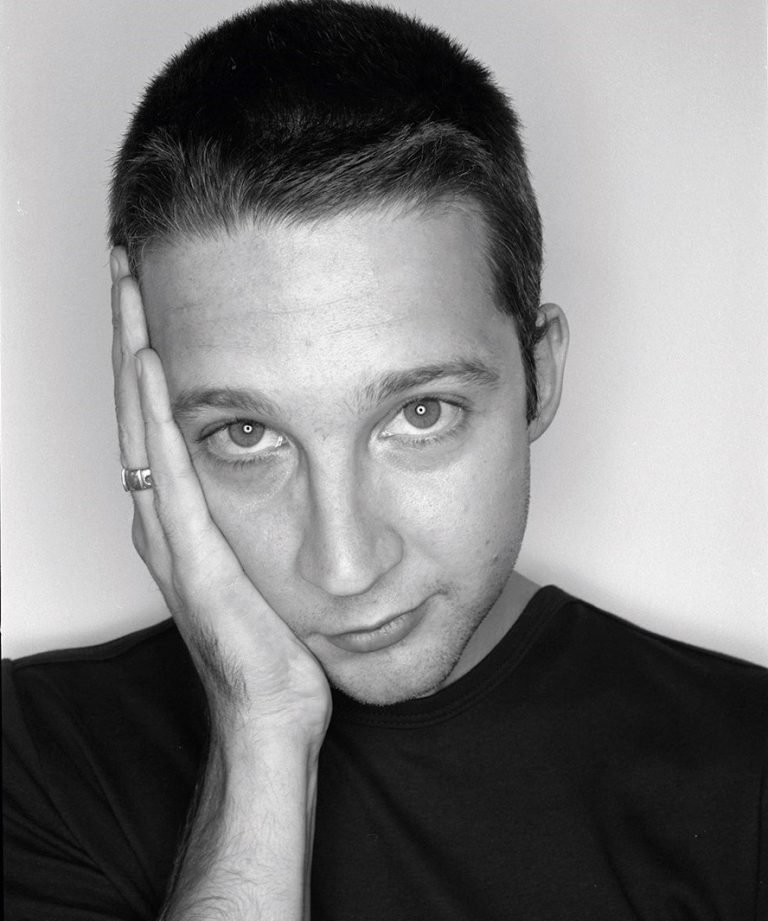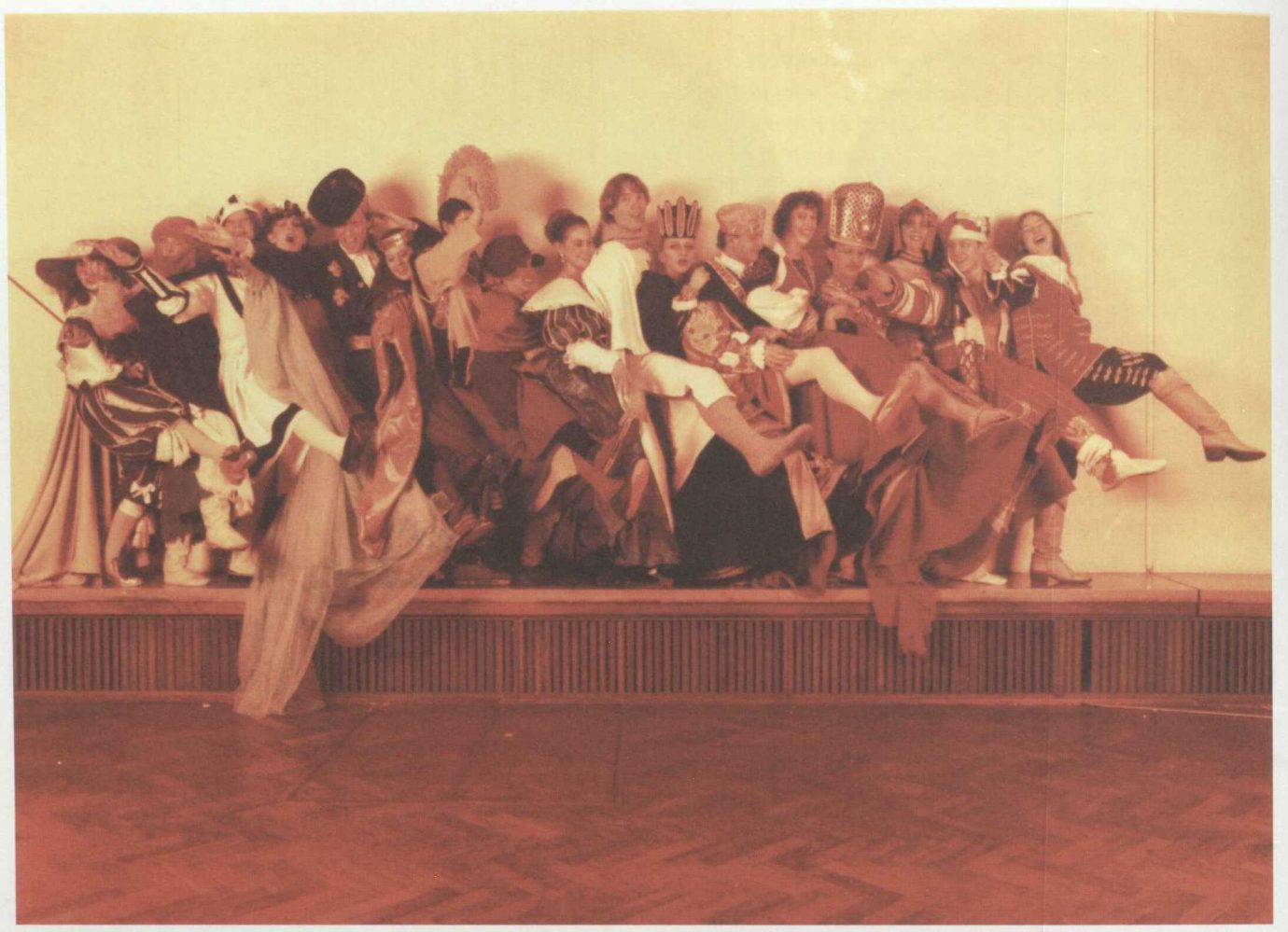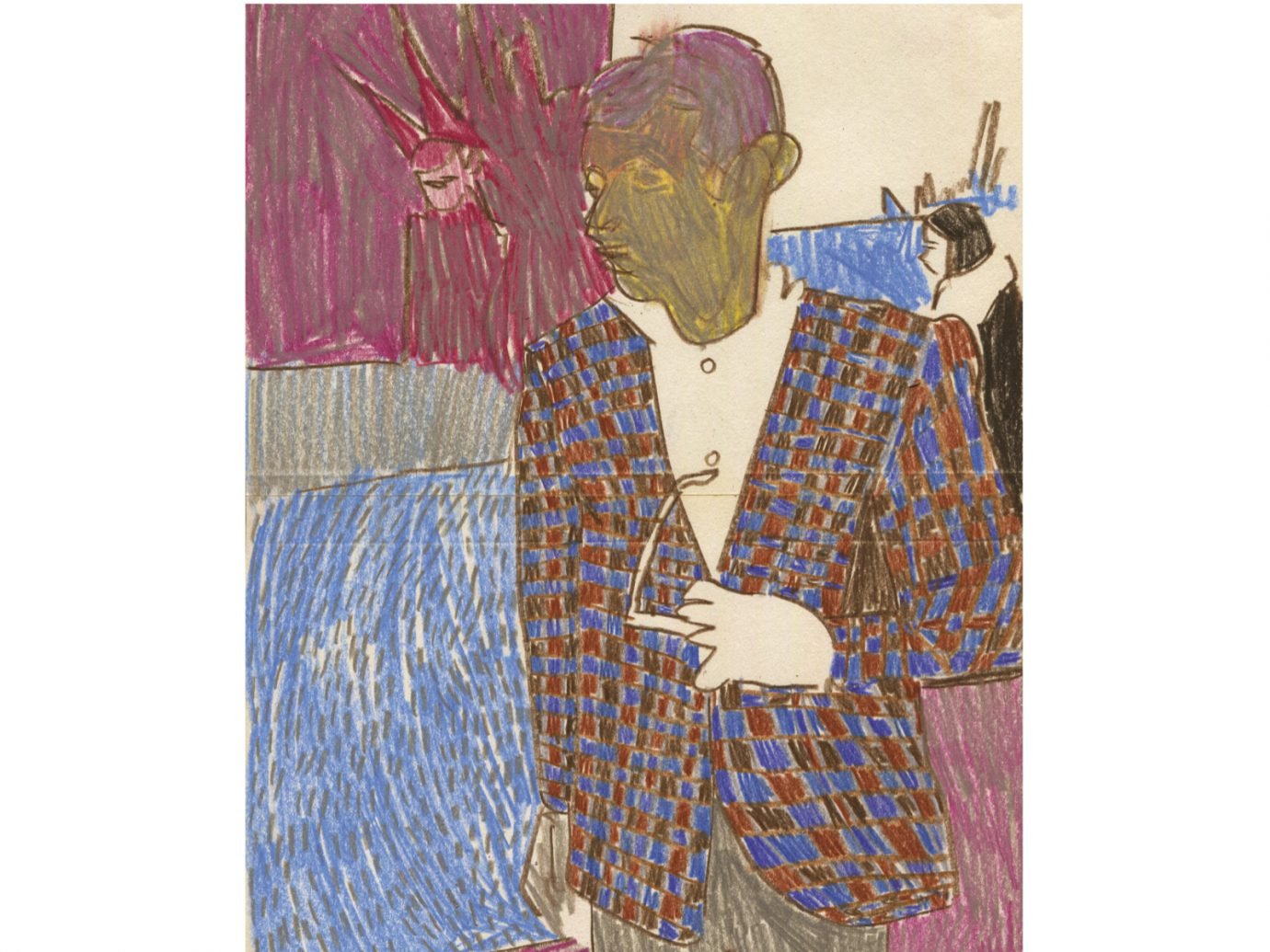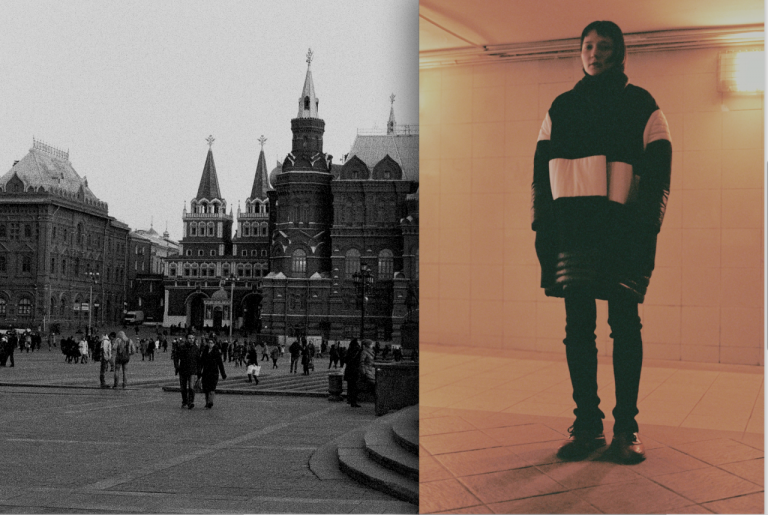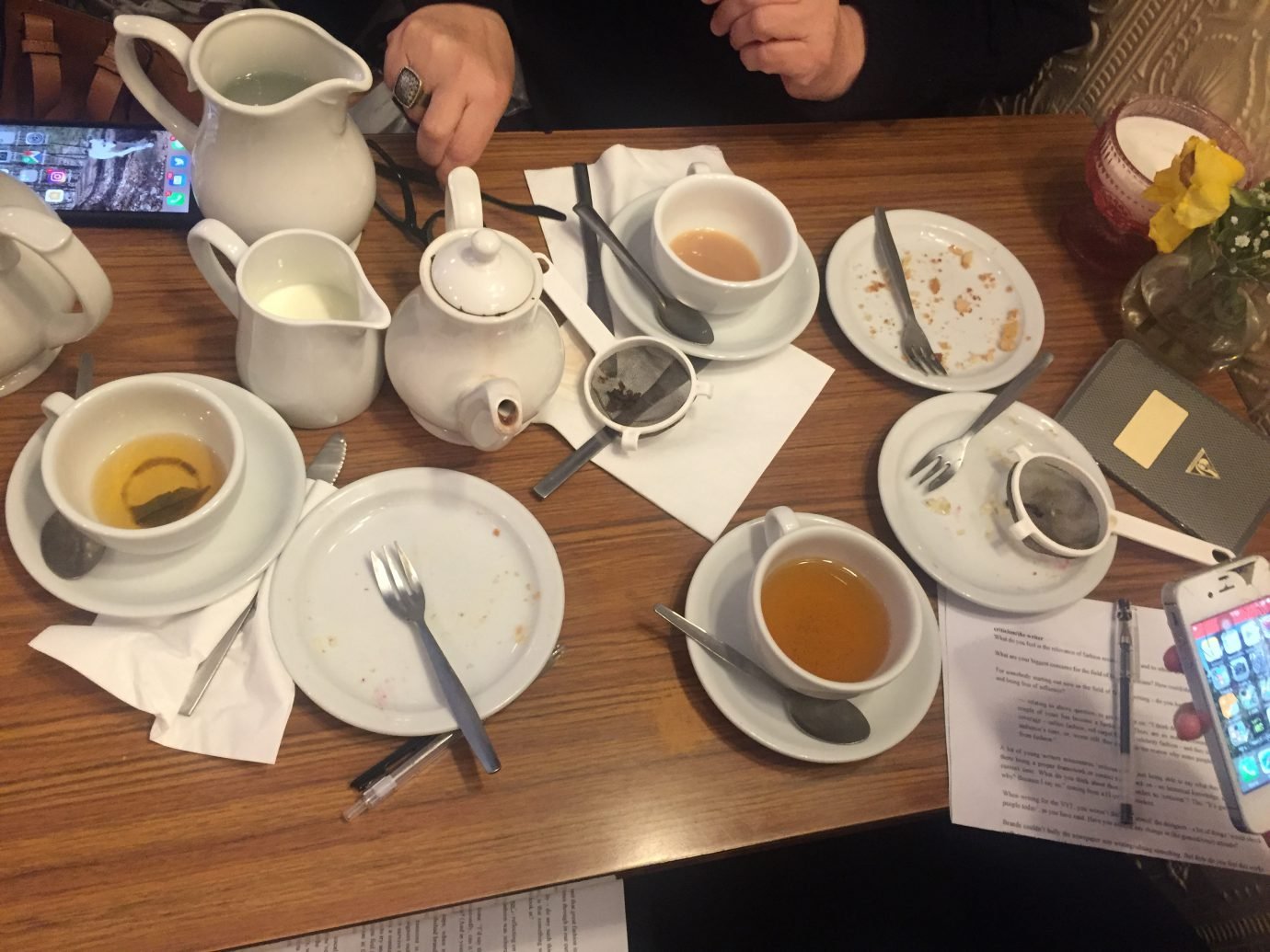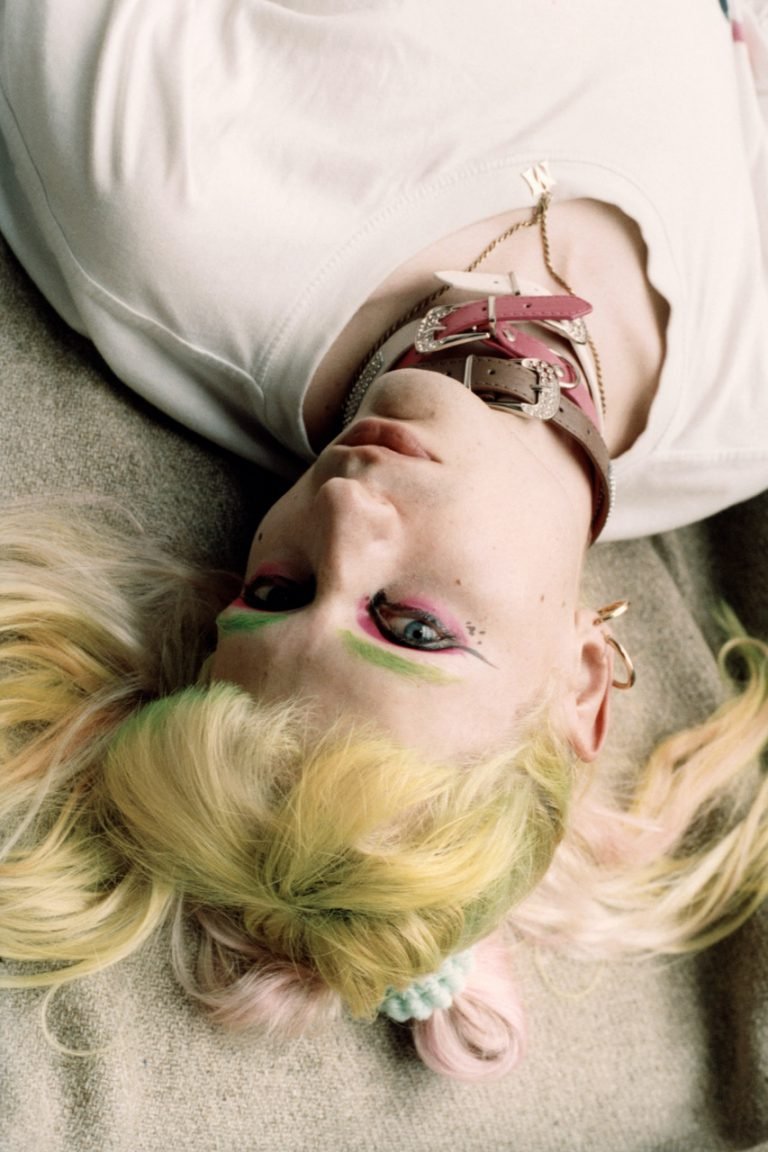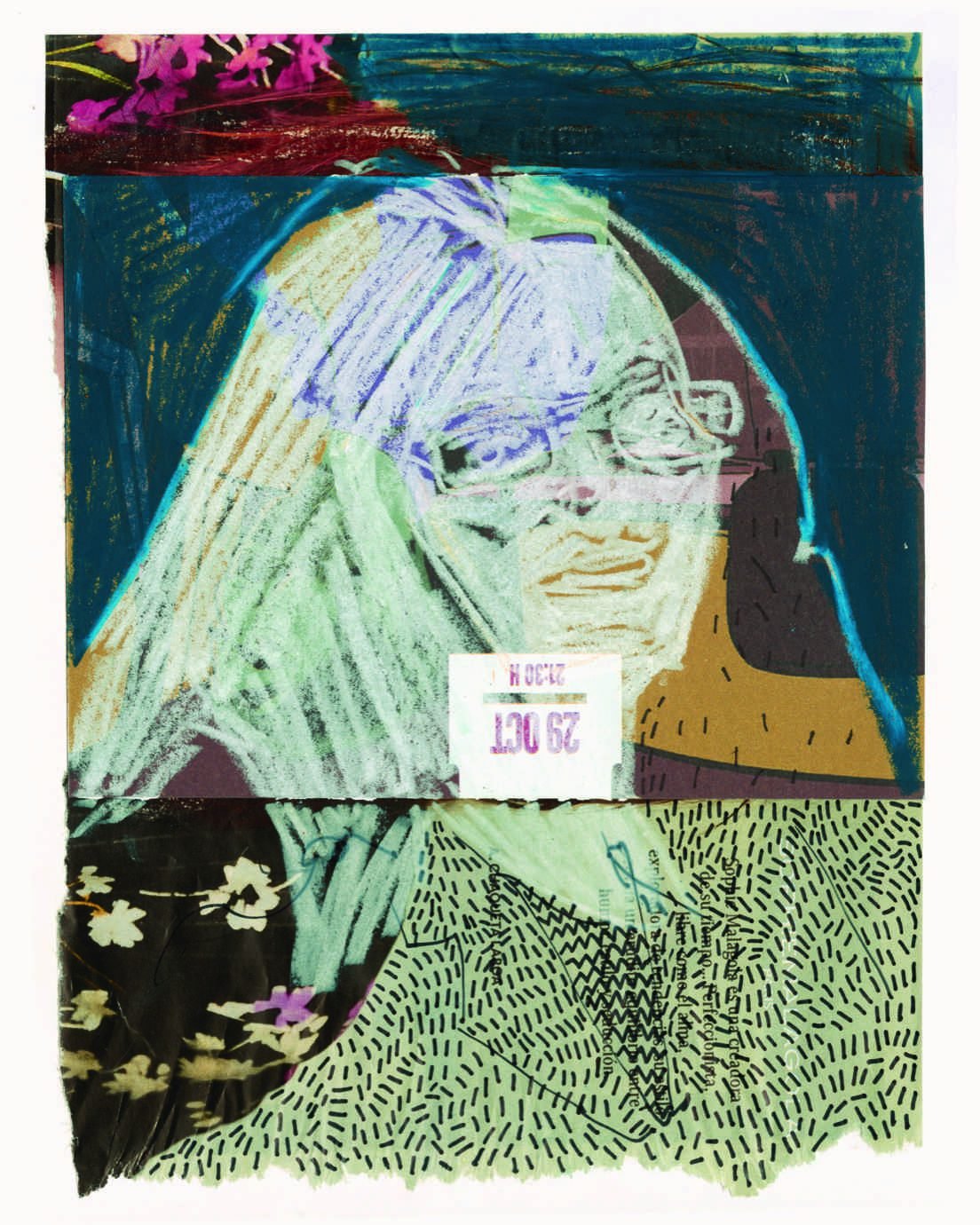The fashion industry is going through a similar shift to the music industry, which went through a major struggle in the last decade. They have managed to overcome it to a certain extent; we are in a similar predicament in fashion, but no one seems to have the right answer.
We are going through a revolutionary time. The impetus for it is the rise of digital technologies in the past eight to ten years. We are also not the only ones going through it. We should stop whining. Everyone is going through it. Anybody that thinks we need to slow down has a lazy attitude. Yes, maybe we have to figure out a new way of doing some things and maybe things are going to settle in a new way. This world is going through a major change. We are a little fish in a pond. We should stop complaining and just make it work. I don’t think there’s one big answer for this point.
It is only stirring up insecurities.
Yes, it comes from insecurity. I got a press release today from a client saying they are doing something because they thought they needed to slow down. Oh my god!
How do you deal with that and what did you say?
We are going to change this. It is a sign of weakness.
What you’re saying is that you have to adapt to the system and make it work.
Yes, it is business. We should be so fortunate that we are going through this. It is transformation.
In fashion, people are not grateful for the positions they are in and everyone is taking things for granted, and sometimes complaining a little bit too much.
I agree with you. In New York, the big subject is the location of the fashion shows. I would not enter a conversation about it at a table. I will not speak about it. You land somewhere and a few years later, you don’t like it and you want to be somewhere else, so I’m done. I agree with you. It’s very ungrateful.
We have talked about a few things that you said you’ve heard a lot of before and you don’t think it’s even worth having those conversations. Breaking out of the system, the pace of it and fashion show locations – are there any other subjects that you don’t want to hear again?
Women’s Wear Daily interviewed me for an article that was titled, “Is fashion heading for a burnout?” I said, “You’ve got to be kidding me. You are not doing this story. Why aren’t you doing a story about how fashion is in the middle of a revolution? I want to read that story. I have to think about this and call you back.”
It’s like a fashion apocalypse.
Exactly, but why do you have to look at the glass half empty? My answer to that interview was that I look at the glass half full.
Do you ever look at other industries for inspiration or knowledge of how you can do things differently?
I do find the intersection between fashion and entertainment, especially in the United States, becoming deeper and deeper. I think it is the next frontier. I think it’s going to become more fully developed as to what the two industries are doing together.
“If I were a student, I would make sure that I spent 50% of my time learning as much as I could about technology and all the applications to design.”
Do you think this industry is insular? How do you break out of that? Is it based on self-interests or does it affect business as well?
It is, for the most part. The best answer to this question would be the technology industry because that is beyond an intersection at this point. We are only at the tip of the iceberg. Ten years from now, it is going to be fully here. If I were a student, I would make sure that I spent 50% of my time learning as much as I could about technology and all the applications to design.
Including coding?
Everything. Entertainment is more so from a marketing, branding and client management standpoint. From a design standpoint, I would go deep into technology, which I’m sure many people do, but I would not underestimate what it is doing for us because I think we have barely experienced it yet.
Is there such a thing as the wrong kind of publicity?
Anything that is not truthful. When something is difficult, I say, “Let’s start with the truth.” The answer needs to be authentic.
Do you think that having a personal life outside your work is important? Apparently, a lot of people in fashion believe that work is their entire life.
You can be successful in fashion, and not make it your whole life. There are some people who make fashion their whole life and I think they are very happy so I wouldn’t judge them for it. I choose not to, very strongly. My husband is in fashion also, and we turn it off. We don’t talk about it at all. You don’t have to be that way. I’m not a social person, I don’t go to anything. I don’t have lunches, don’t go to events and parties unless it’s my own event. You can be successful by just working hard and being yourself.
What are the three perspectives in this industry that you would like to change?
Stop complaining. Don’t judge people too quickly, meaning that people are given time to grow on their own terms. Also, not everyone is entitled to have an opinion. I know the exact minute when that changed.
What happened?
It was concurrent with social media; with the people in the third and fourth rows of fashion, who never used to voice their opinion about a fashion show because it was the people in the first and second row that formed the point of view of what the show was. When social media started, everybody was a critic, up to the last row. You’ve been in this industry for two years and you can judge this designer who has been working for twenty years. Have a little respect.
So you believe in the hierarchy of the system?
Well, there isn’t one anymore, but I do. The hierarchy has dramatically changed with social media.
How often do you get frustrated? We don’t want to paint the industry as mean-spirited or as people getting angry or being unsatisfied, because that’s not the case.
No, not at all. It is not a mean-spirited industry. It’s an industry that really takes care of itself. There are so many wonderful programs that take care of young designers and students. It is dynamic in that way. The only thing is, it’s an industry that likes to complain and is afraid of the change we are going through.
Isn’t it ironic, though, that fashion is built on change but the people working in it are so resistant to change? It doesn’t make sense.
It doesn’t. It’s ironic. I find complaining to be counter-constructive.
A lot of people have said that KCD is a brilliant place to work and that they have stayed here for a number of years and are really happy working here. It is in contrast to the industry itself, where people complain about their workplace, wages, working hours and their environment. I found that contrast interesting, where an agency that represents fashion brands is at the other end of the spectrum. What is your secret?
The average tenure of our executive board, which consists of vice presidents and beyond worldwide, is twelve years. We have people who have been with us for seventeen years, which is unusual. We have the same thing with our clients. Jill and I care a lot about the people we work with and we take good care of them on a personal and professional level.
Is that the secret to good business? Hiring the right people and then treating them well?
Yes, treating them sincerely. I have never lost a senior level person to another agency. They might go in-house, which is great for my business.
How do you spot the right person? Is it instinctual?
It’s becoming harder because of the difference between generations nowadays and the emergence of the millennials. The difference between the 20-year-olds and 30-year-olds is dramatic. It is really hard to get someone in their thirties to work with someone in their twenties. They get really frustrated.
We would probably see a shift in another ten years when the millennials grow up.
Well, they say that the next shift will be back to normal because the people under 20 have a different set of values.


